Rigoletto
Giuseppe Verdi
Opera in three acts
Libretto: Francesco Maria after Victor Hugo's play Le roi s'amuse
World premiere: 11 March 1851, Gran Teatro La Fenice, Venice
Polish premiere: 8 November 1853, Teatr Wielki, Warsaw
Premiere of this production: 12 March 1997
In the original Italian with Polish surtitles
From the famous triptych Rigoletto -- La traviata -- Il trovatore, the first opera is without a doubt the most attractive theatrically. It is mostly thanks to what served as a basis for the libretto -- Victor Hugo's 1832 drama Le roi s'amuse. That frenetic accusation thrown by the French Romantic against the feudal system in which the rulers for a caprice would trample the dignity and feelings of their subjects, from a theatrical point of view turns out to be a masterful game of masks, disguises both literal and metaphorical.
The shows is designed mostly for those viewers who are not fans of the contemporary Regietheater known for its indulgence when it comes to letting fantasy run wild. Monumental court scenes are contrasted here with an intimate and gradually intensifying drama of the title jester, whose daughter is hurt by his employer, the Duke of Mantua. The final images, immersed in gloomy darkness, are the most harrowing: Rigoletto, certain that he has just killed the hated aristocrat, is shocked when the first words of Duke of Man-tua's tune reach his ears -- the emblematic for Verdi's score song about women's fickleness.
Teatr Wielki - Opera Narodowa objęła patronatem książkę Si, Amore będącą zbiorem rozmów, które Aleksander Laskowski odbył z Aleksandrą Kurzak - najsłynniejszą polską śpiewaczką operową. Jaka jest ta piękna Polka, która śpiewa w najbardziej prestiżowych teatrach operowych świata? Utalentowana muzycznie dziewczyna z Wrocławia, która zrobiła oszałamiającą międzynarodową karierę, opowiada w książce o swoim życiu prywatnym i o tajnikach zawodu śpiewaczki operowej.
Cast
Credits
Synopsis
Sponsors
-
Mecenas Teatru Wielkiego - Opery Narodowej
-
Partnerzy Teatru Wielkiego - Opery Narodowej
-
Patroni medialni Teatru Wielkiego - Opery Narodowej
-
Partners of Teatr Wielki – Polish National Opera
-
Media patrons of Teatr Wielki – Polish National Opera





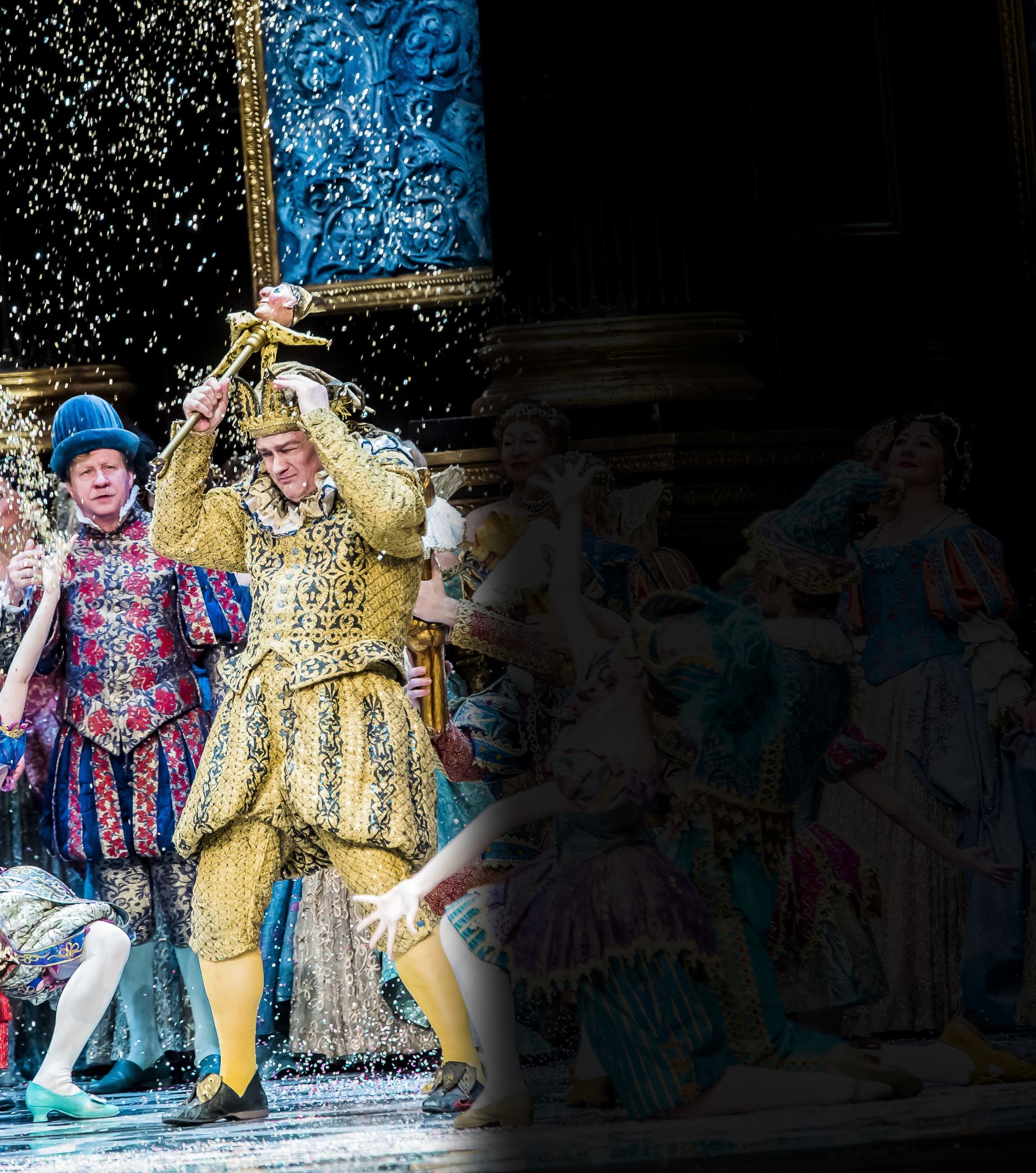
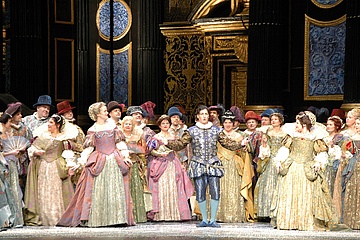
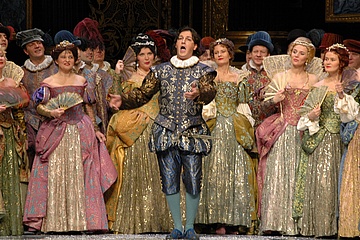
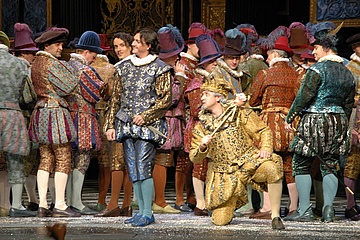
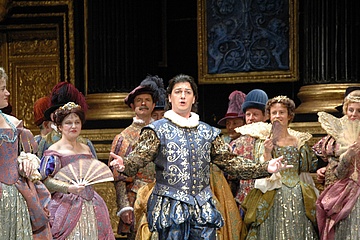
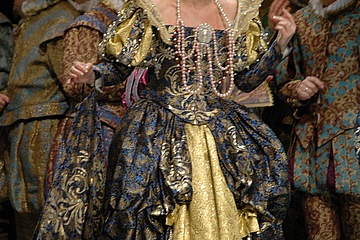
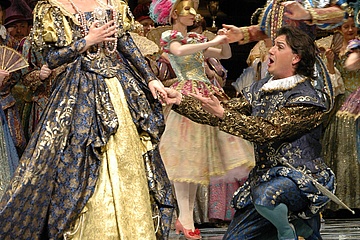
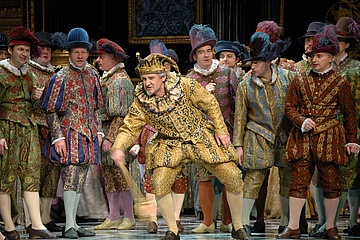
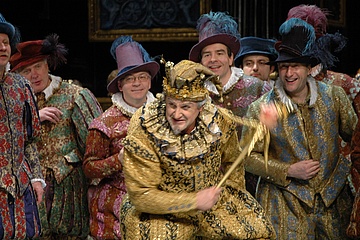
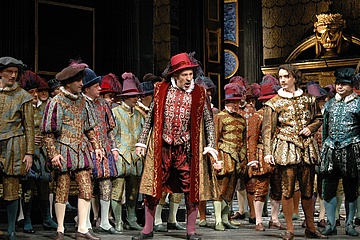
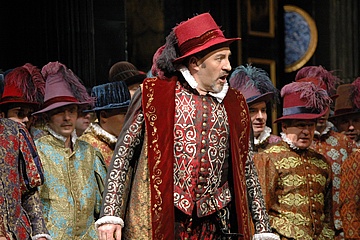
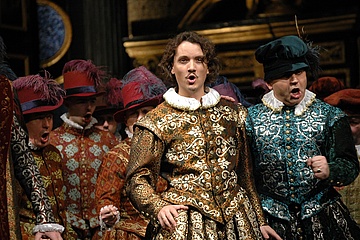
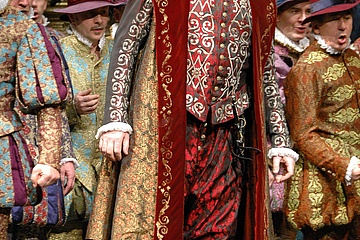
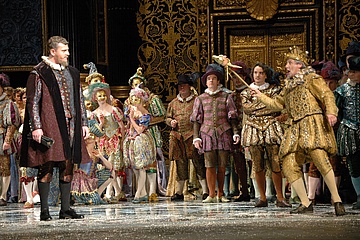
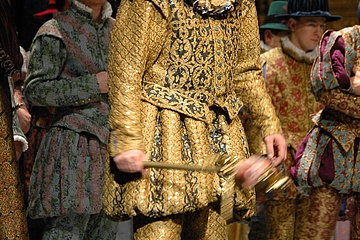
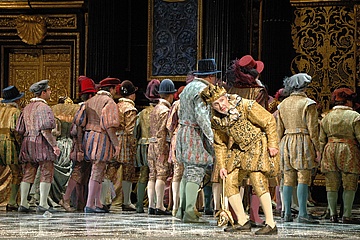
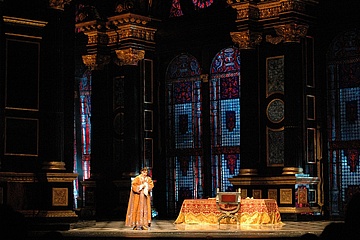
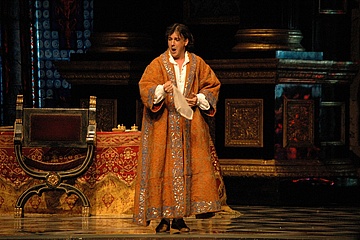
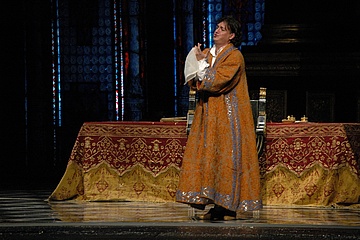
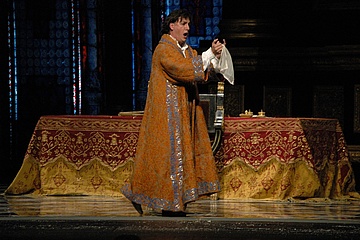
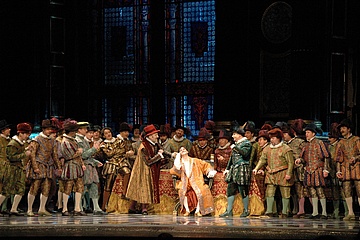
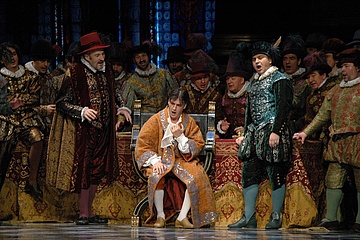
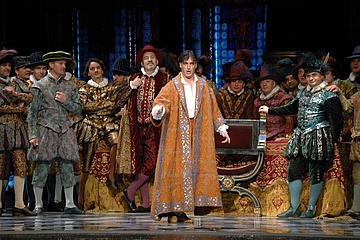
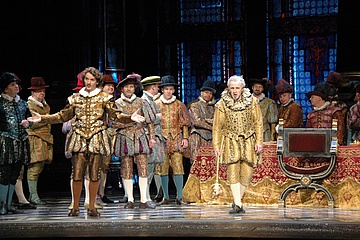
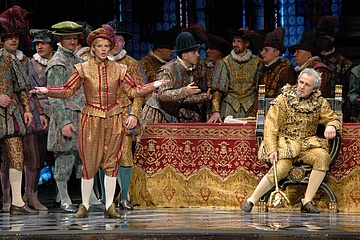
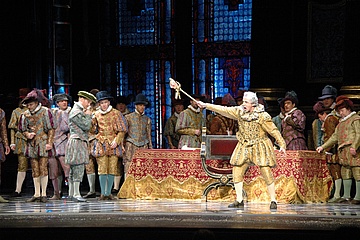
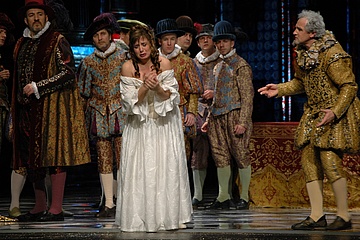
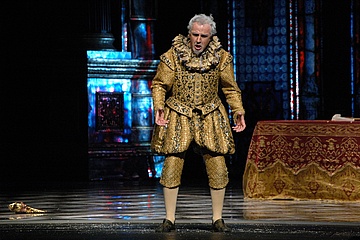
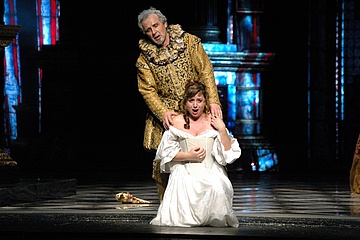
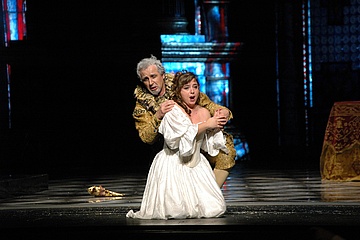
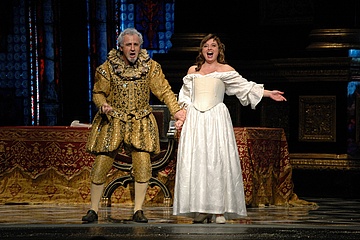
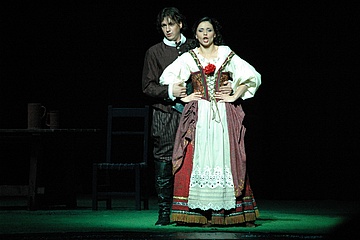
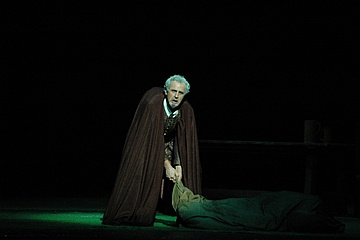
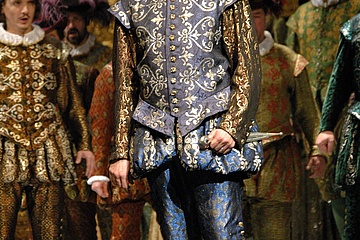
 Rame Lahaj
Rame Lahaj  Jorge Lagunes
Jorge Lagunes  Aleksandra Kurzak
Aleksandra Kurzak  Piotr Nowacki
Piotr Nowacki  Anna Bernacka
Anna Bernacka  Rafał Bartmiński
Rafał Bartmiński  Mikołaj Zalasiński
Mikołaj Zalasiński  Małgorzata Olejniczak-Worobiej
Małgorzata Olejniczak-Worobiej  Karolina Sikora
Karolina Sikora ![[Translate to English:]](/fileadmin/_processed_/9/7/csm_Carlo_Montanaro_370x370_0e7e8ec0ed.jpg) Carlo Montanaro
Carlo Montanaro ![[Translate to English:]](/fileadmin/_processed_/8/d/csm_Gilberto_Deflo_kwadrat_6563b0c263.jpg) Gilberto Deflo
Gilberto Deflo ![[Translate to English:]](/fileadmin/_processed_/7/b/csm_Ezio_Frigerio_9ff667e8ae.jpg) Ezio Frigerio
Ezio Frigerio  Franca Squarciapino
Franca Squarciapino  Zofia Rudnicka
Zofia Rudnicka  Stanisław Zięba
Stanisław Zięba ![[Translate to English:]](/fileadmin/_processed_/d/9/csm_andriy-yurkevych_370_00f3cf0259.jpg) Andriy Yurkevych
Andriy Yurkevych 

